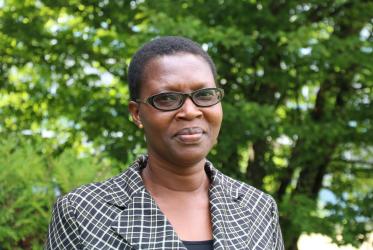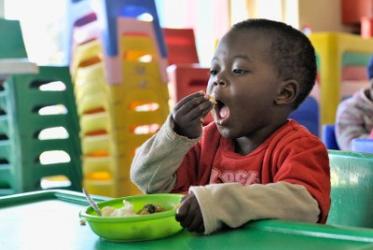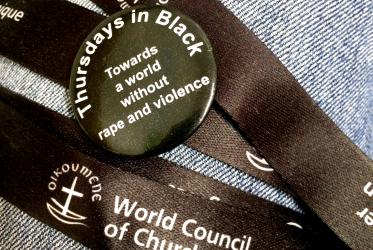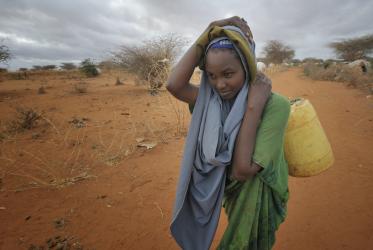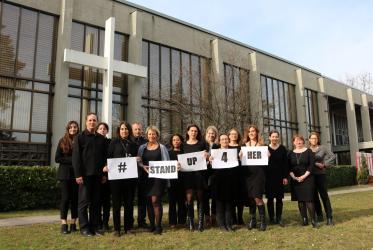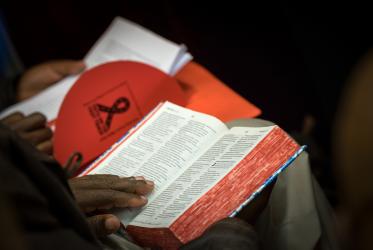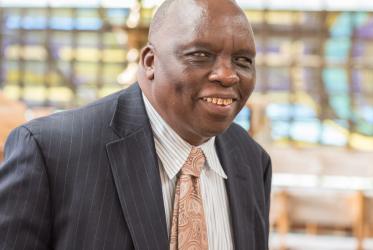Displaying 81 - 100 of 134
A communicator on the move
10 July 2017
Women’s mentoring focus of Thailand gathering
23 April 2017
UN discussion focuses on women, HIV and property rights
21 March 2017
Prayer guide inspires women’s empowerment
27 February 2017
East African communities discuss disability, theology
17 November 2016
Bible study gives hope as youth reflect on HIV
02 November 2016
Sam Kabue: from the village to the world with eyes wide open
27 October 2016
Zambia: “On HIV, we do not compete. We work together.”
20 October 2016
Kenya: Voice of faith communities crucial in overcoming HIV
14 October 2016
Humanitarian Partnership Conference focuses on inclusive practices
27 September 2016

